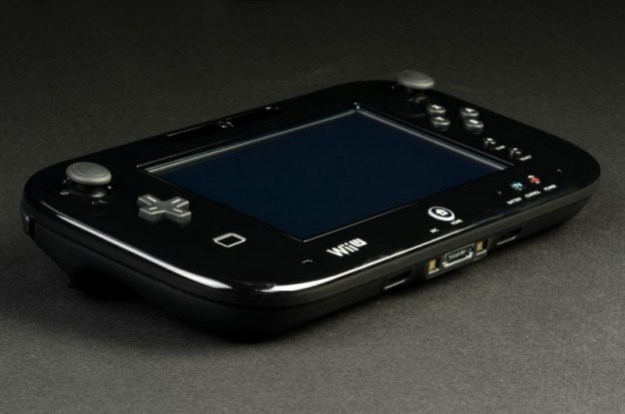
UPDATE: Nintendo sold 66,000 Wii U consoles in February according to a Macquarie Capital analyst, 70 percent of which were $350 Deluxe Set models.
A little insight into the tech industry: The fiscal year for companies like Sony and Nintendo, as well as many of the myriad game publishers who make games for their consoles, begins in April and ends in March of the following calendar year. That’s because the Japanese fiscal year adheres to the old Japanese calendar year which corresponds to that timeline. So Nintendo is technically hurtling towards the end of what should have been a banner year for it, following the recovery of the Nintendo 3DS after its abysmal start and the release of the successor to the Nintendo Wii. Nintendo’s year isn’t ending well, though. In fact, it’s ending horribly.
The NPD Group released its report on US video game hardware and software retail sales in February and, as per usual, the research firm did not provide specific details as to how many consoles each company sold, merely their rankings. The group did provide some insight, though. Game console sales dropped 36-percent year-on-year in February. Those rough sales coupled with the apparent interest in PlayStation 4 after its reveal shows that the audience is indeed hungry for a new console, but isn’t the Nintendo Wii U a new console? Even if it is, consumers continue to turn their noses up at Nintendo’s expensive Xbox 360 and PlayStation 3 competitor.
The NPD Group only said that Nintendo Wii U weekly sales were up around 40-percent throughout February. Based on the horrid January Wii U sales—which are estimated to be close to 57,000 consoles sold—that equates to around 64,000 Wii U skus sold in February. Even with that uptick, the Nintendo Wii U is selling worse on a monthly basis in the US than the Xbox 360 and PlayStation 3 have ever sold over the last seven years.
Nintendo is in dire straits. The company needs some games to come out for the console to generate any consumer interest, but February saw multiple Wii U exclusives announced for other consoles. Ubisoft went as far as to cancel February’s lone Wii U exclusive release, Rayman Legends, to redesign it for multiplatform release later this year. The game was, according to developer Ubisoft Montpelier, already finished when Ubisoft made the decision.
Before more developers will commit to making more games for Nintendo, it needs to drop the price of the Wii U. The $300 console with almost no onboard storage memory for games, and the $350 Deluxe Set with only slightly more, are too expensive in a market that’s less and less willing to even spend $250 on comparable machines like the PS3 and Xbox 360 with enormous game libraries and attractive bundles. Ubisoft has even gone so far as to publicly call on Nintendo to drop the price. If Nintendo doesn’t recognize the realities of the market, it will begin its next fiscal year worse than the last.


